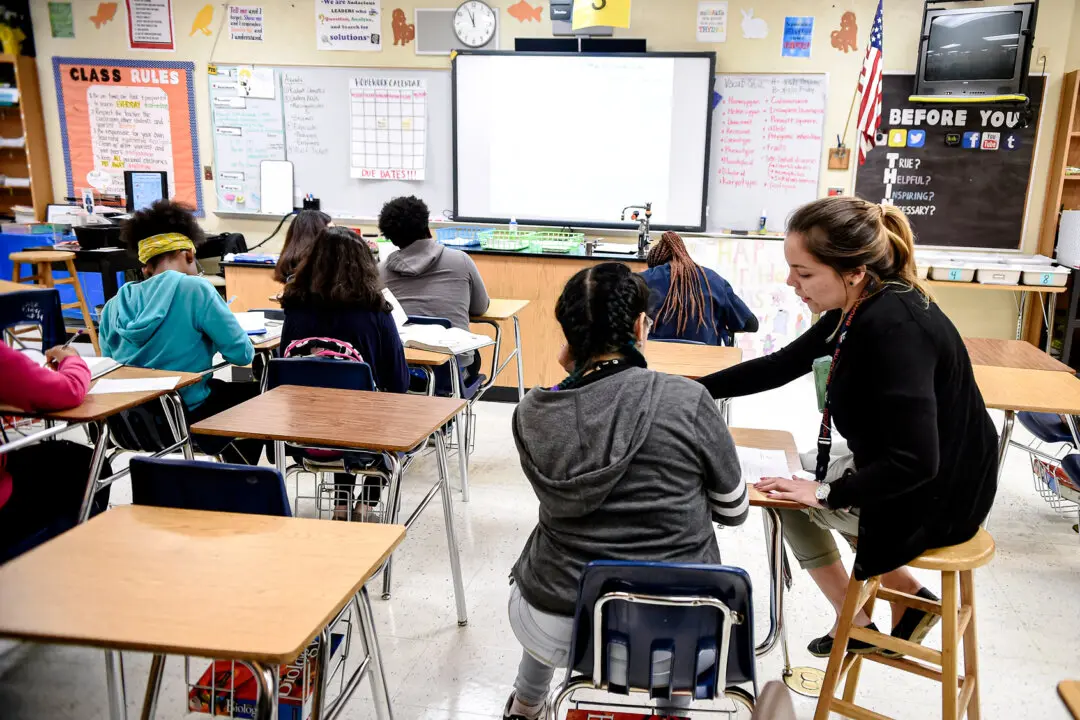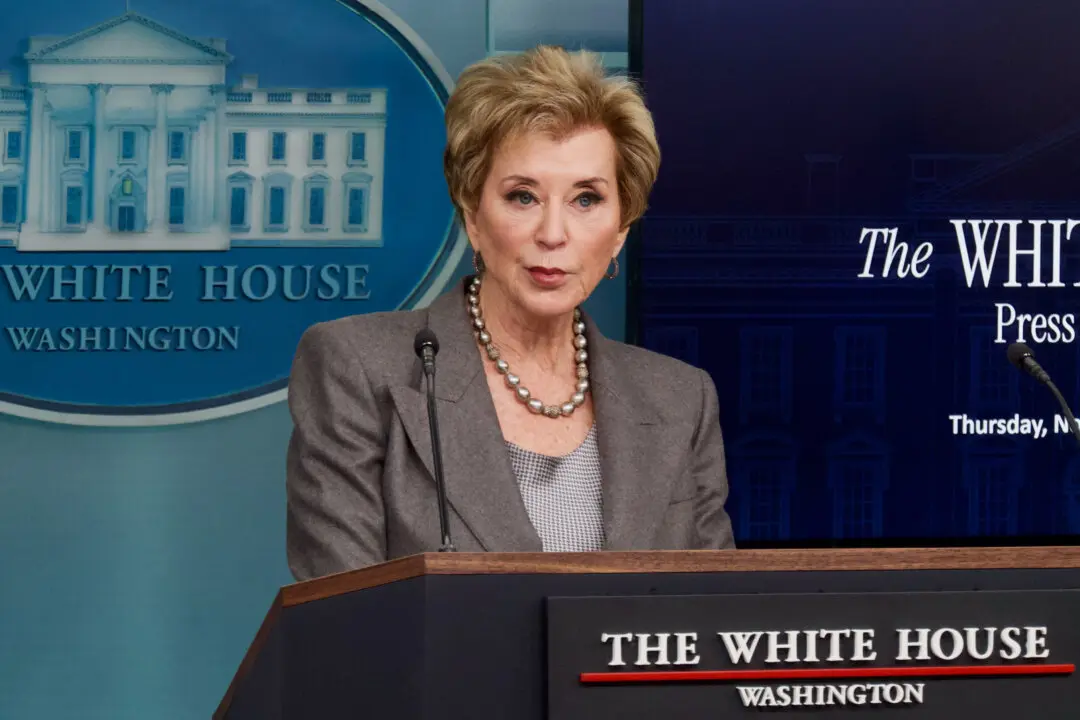Several provincial governments are trying to improve their K-12 education systems. British Columbia recently embarked on a curriculum transformation, Ontario plans to mandate online courses for high school students, and Alberta was about to begin field testing a new K-4 curriculum until the newly elected government put it on hold.
One thing these reforms have in common is the notion that the rapid advancement of technology requires a new approach to education. The B.C. government’s website states that the school system was “modelled on the very different circumstances of an earlier century—when change was much more gradual than today.” It goes on to say that rapid societal changes mean that education must “enable students in their own learning and support increasingly personalized learning.”





